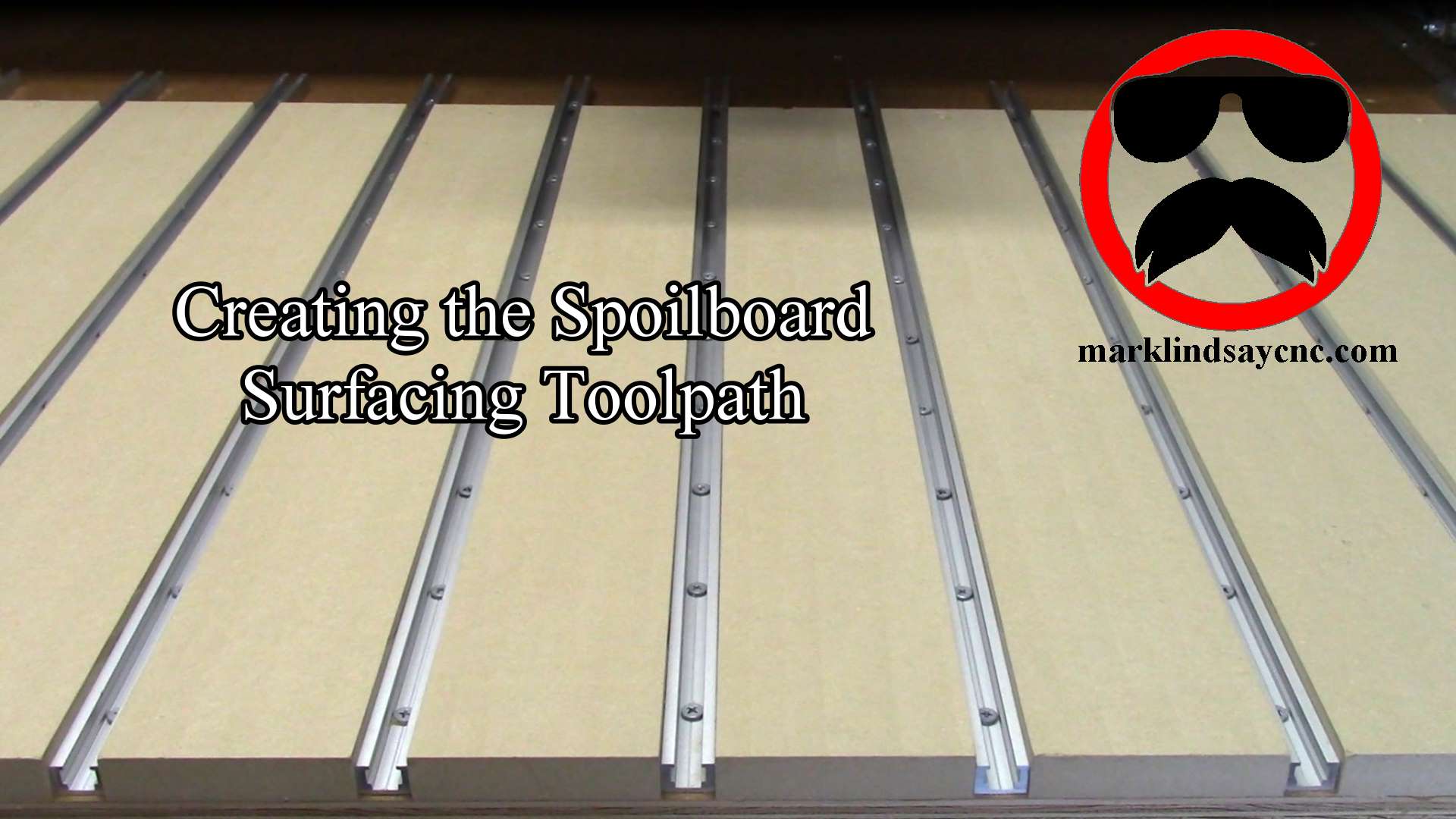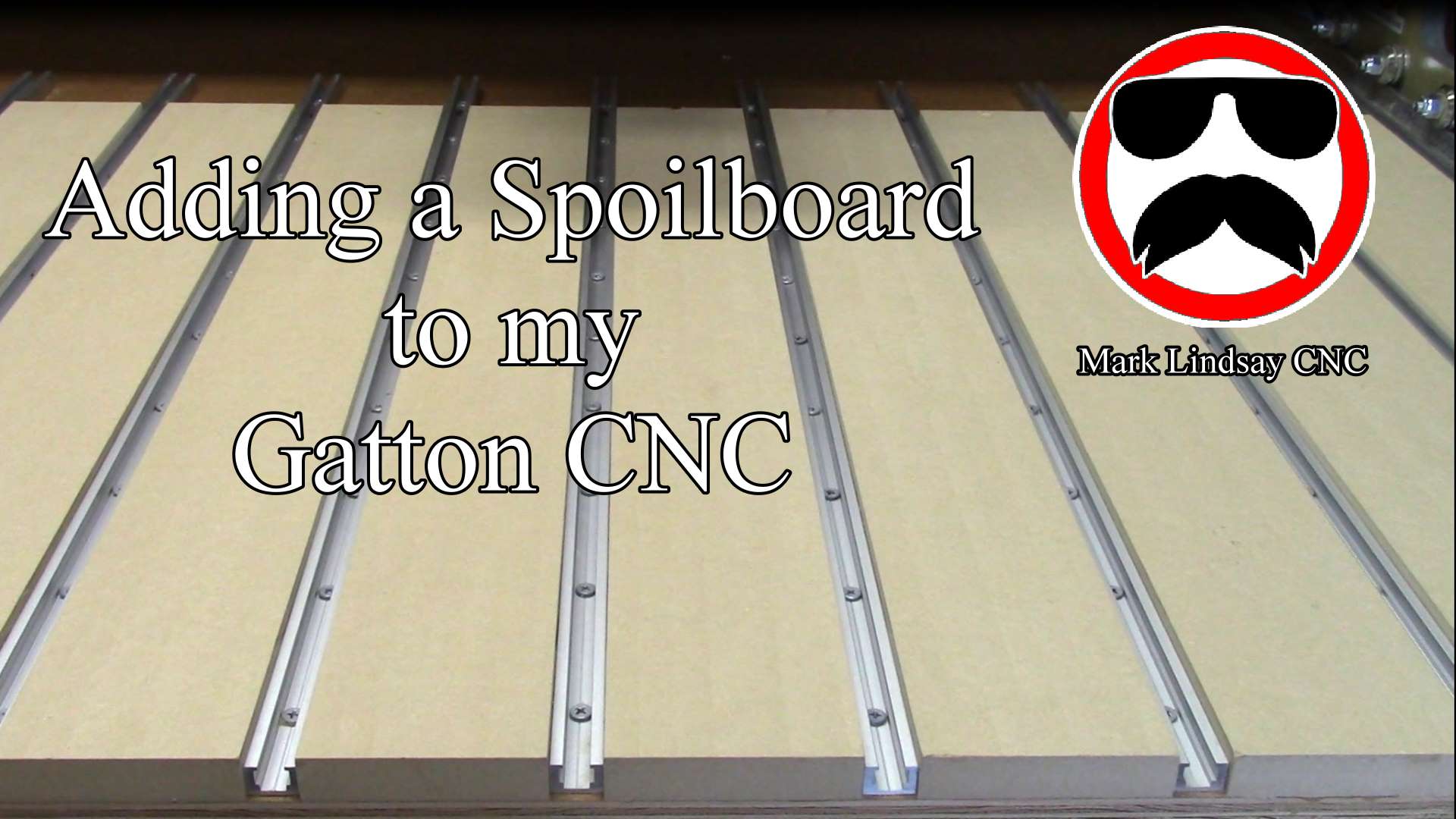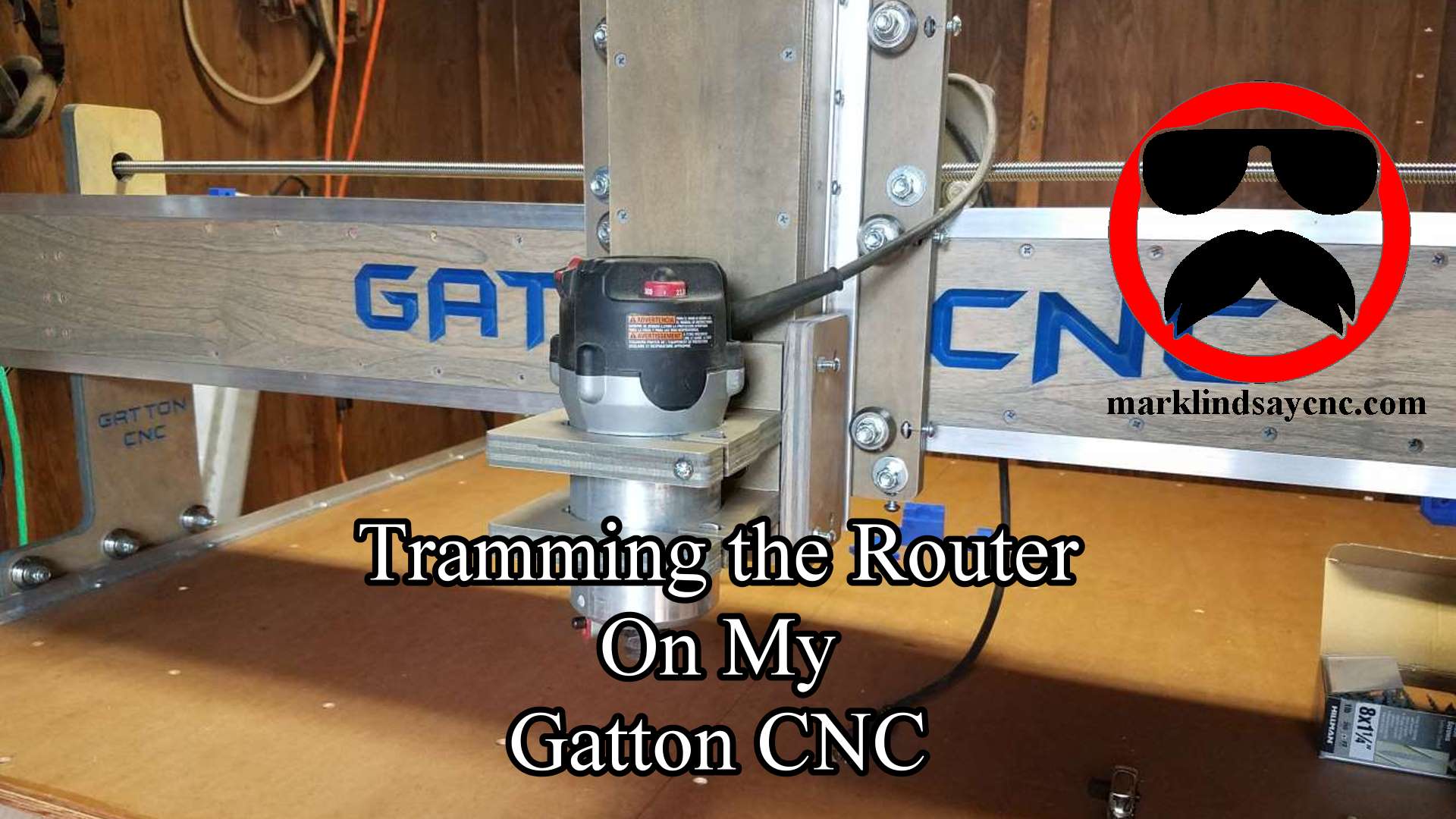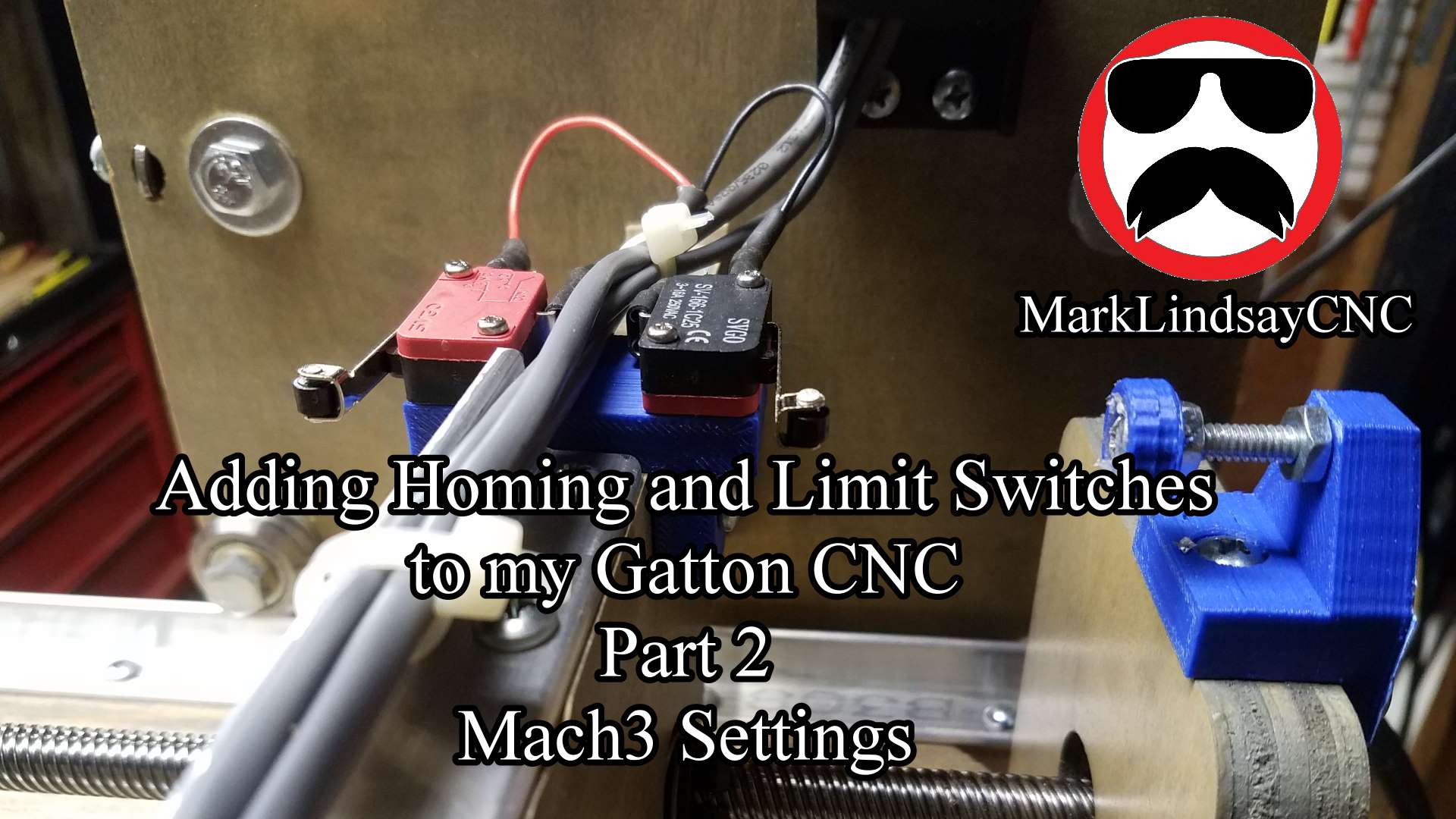Creating a Spoilboard Surfacing Toolpath in VCarve
Surfacing a spoilboard is the final necessary step, after laying one down on the CNC table. Creating the surfacing toolpath
A hobby CNC enthusiast's blog

Surfacing a spoilboard is the final necessary step, after laying one down on the CNC table. Creating the surfacing toolpath

One of the final steps I needed to take before putting my Gatton CNC into service was laying down a

What Is Tramming and Why Would You Do It? Tramming the router means adjusting the router mount to get

Adding homing and limit switches to my Gatton CNC wasn’t as difficult as I thought it would be, but there